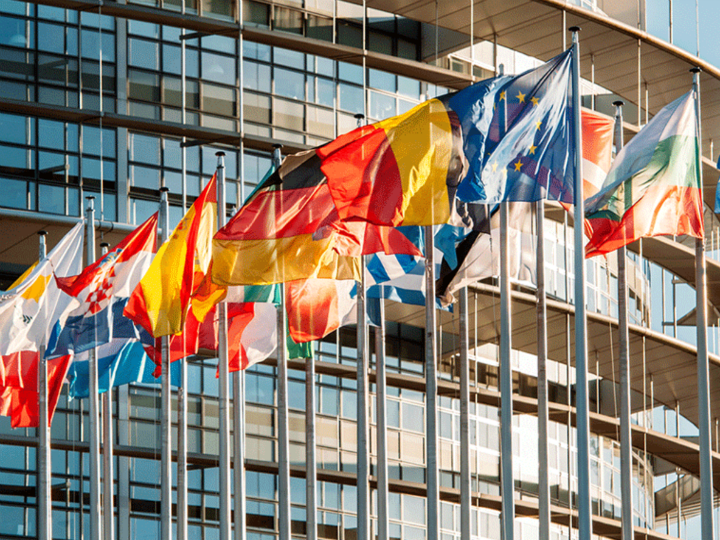by N. Peter Kramer
This week, after a long hot holiday, members of the European Parliament travelled back to their palace in Brussels. Negotiations will soon start up on the historical July agreement by EU leadership on a €1.82 trillion multi-annual budget (2021-2027) and the Recovery Fund to support member states as they repair the economic damage caused by the Coronavirus pandemic. Although it is not a classical “trilogue” legislative negotiation between Council, EP and Commission - in this case the parliament has only the power to accept or reject the deal - it will be a tough job for the Council to ‘sell’ the deal to the EP. MEPs will try to extract concessions from the German Presidency, which negotiates on behalf of the Council of the EU. Probably with the help of the Commission, which had mixed feelings about the Council agreement.
Before the summer break, the EP had already raised concerns about funding levels for some programmes and called for changes to the deal agreed by EU leaders, including asking for a binding commitment to introduce more direct EU sources of revenue. The Parliament would also like to negotiate a mechanism that makes EU funding dependent on compliance with the EU’s rule of law standards.
The rule of law point is particularly difficult because the compromise negotiated by EU leaders was kept so vague that both the defenders of the rule of law as well as those countries targeted by the mechanism, Hungary and Poland, claimed victory. The real negotiation on this point still lies ahead; ‘informal talks’ in the Council are already ongoing to try to reach a common position among EU countries.
Negotiations about EU own resources will be difficult as well. Almost 70% of the EU budget is financed by the member states. MEPs want a higher percentage of own resources than is currently the case, pretending to help its citizens by not be burdened with taxes later. In reality, the EP proposal is more concerned with reducing the power of the member states.







